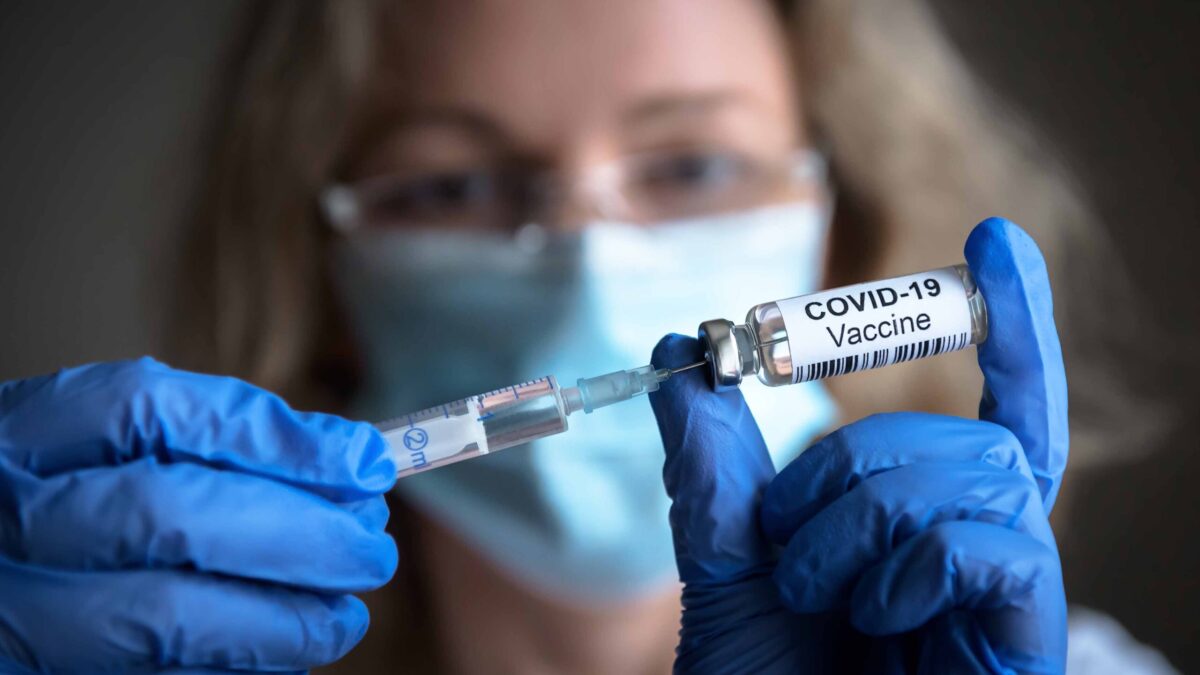
The experience of the Covid-19 pandemic has led to a ‘significant’ decline in confidence in vaccines generally, a study has suggested.
Researchers from the University of Portsmouth carried out two anonymous surveys in the winters of 2019 and 2022 to gauge people’s attitudes to vaccinations and what factors cause hesitancy and refusal.
The study of more than 1,000 adults found that the post-pandemic group was considerably less confident in vaccines than the pre-pandemic group.
The research, published in the journal Vaccine, showed a fall in confidence in nearly one in four participants since 2020, regardless of age, gender, religious belief, education or ethnicity.
The study, led by Dr Alessandro Siani, associate head of the School of Biological Sciences at the university, argued: “This study provides evidence that vaccine confidence was significantly lower in the cohort surveyed in 2022 compared to the pre-pandemic cohort.
“While the reduction in confidence was observed across all demographic groups investigated, novel trends emerged in the post-pandemic cohort: the disappearance of the pre-pandemic trend whereby middle-aged respondents were significantly less confident than other age groups, and a statistically significant association between Asian ethnic backgrounds and low vaccine confidence.”
The study argued that, “despite abundant epidemiological evidence of the safety and effectiveness of Covid-19 vaccines” only one in five of the participants in the 2022 cohort said their vaccine confidence had increased since the pandemic.
“The majority of participants reported that their confidence remained unchanged or even decreased. These observations are compatible with studies carried out in the early months of the Covid-19 pandemic indicating that, in contrast to previous evidence that the perceived threat from a disease should improve public vaccine confidence, willingness to receive a Covid-19 vaccine started decreasing even before the vaccines were developed,” the authors added.
The most noticeable change in attitude between 2019 and 2022 was among those aged 46 to 60. This age cohort was considerably less vaccine-confident than all other age groups pre pandemic but this was not the case in the post-pandemic cohort.
The greatest vaccine scepticism or resistance was seen in younger cohorts. No statistical association, however, was observed between gender identity and vaccine confidence.
The surveys highlighted similar trends with regards to the association between ethnicity and vaccine confidence.
In both cohorts, participants from white and mixed/multiple-race backgrounds showed the highest levels of vaccine confidence, followed by participants from Asian backgrounds. Participants from black ethnic backgrounds showed in both cases the lowest levels of vaccine confidence.
“The difference was statistically significant with respect to white participants in both surveys, and to those with mixed/multiple ethnicities in the 2019 survey,” the study argued.
“Asian participants were in both surveys less confident than white ones, however the difference was only statistically significant in the 2022 survey. The differential decline in vaccine confidence in Asian participants compared to the pre-pandemic cohort might be interpreted in the light of the increasing amount of evidence indicating high levels of Covid-19 vaccine hesitancy amongst individuals from Asian backgrounds,” it added.
For all the latest Health News Click Here
For the latest news and updates, follow us on Google News.
